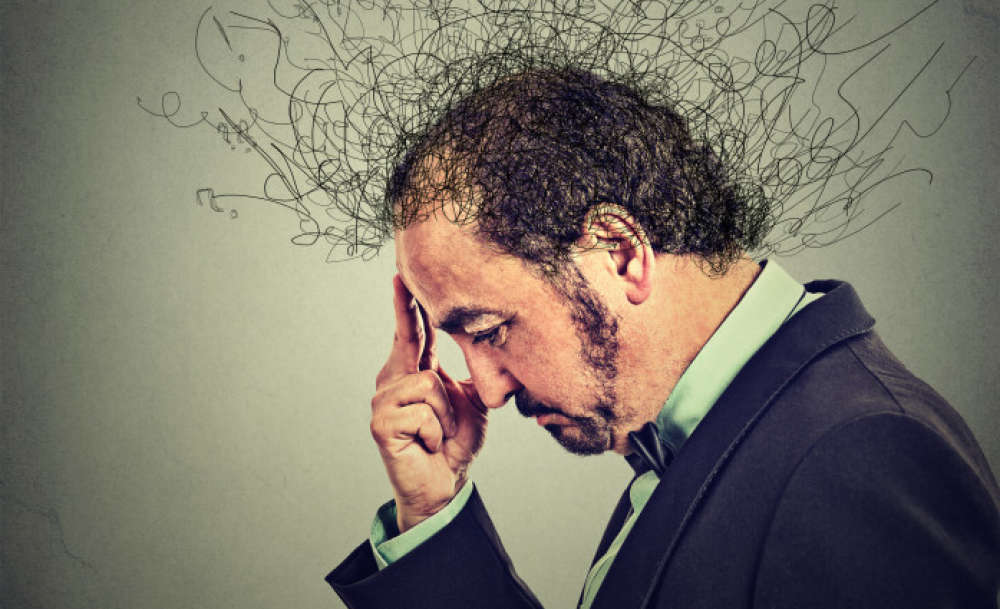Obsessive compulsive disorder is a mental health issue characterized by unwanted intrusive thoughts (obsessions) and repeated behaviors in response to those thoughts (compulsions). One major thematic grouping of obsessions is the category of aggression, sometimes referred to as Harm OCD – an obsession with violent content.
Obsessive thoughts that may be present in this category:
-
- Fear of harming others violently with intent
- Fear of harming others by failure to be responsible (as in a hit-and-run accident)
- Fear of harming others impulsively without intent
- Intrusive violent images or ideas, often including a fear that these thoughts are predictors of future events
- Fear of harming self
Compulsions that may be present in this category:
-
- Avoidance of triggering people that could be harmed
- Avoidance of media or other triggers that bring violent thoughts to mind
- Avoidance of or hiding of objects that could be used as weapons
- Avoiding being alone (in the case of self-harm fears)
- Avoidance of responsibility for potentially dangerous activities (e.g. driving) Reassurance seeking from others or on the internet that violent acts will not take place
- Checking to ensure that no harm has taken place
- Mental review of personal history or recent events to determine if harm did, could, or would have taken place
- Thought neutralizing and various other mental rituals aimed at blocking or interfering in the presence of violent thoughts
Someone with Harm OCD (fear of acting out violently) may not exhibit physical behaviors like washing hands; their compulsions are as likely to be mental – retracing their memories to see if they harmed someone, compulsively repeating words to ward of violent thoughts, mentally testing themselves to see if they like violent thoughts, asking for reassurance about their thoughts, and avoiding triggers in their environment as mentioned above.
It is important to remember that different obsessions found within OCD are not different forms or types of the disorder, but simply different variations in the content of intrusive thoughts. The most effective treatment for OCD (regardless of thought content) is cognitive behavioral therapy (CBT) from an OCD specialist.



